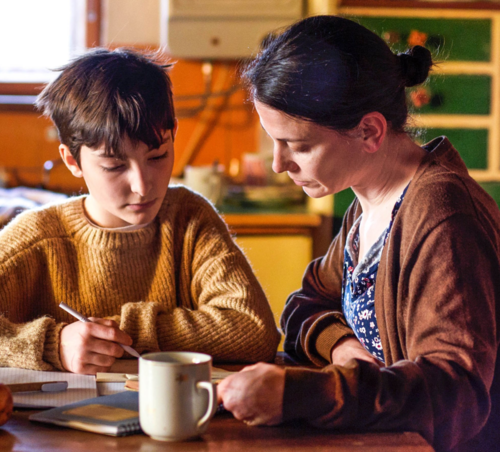Rebuilding for Women’s Economic Security: Investing in Social Housing in NSW
Summary
Equity Economics prepared a report for the New South Wales Council of Social Services (NCOSS) as part of its Pink Vis Campaign to outline the impact of the COVID-19 pandemic on women in NSW and the economic benefits that could flow from addressing critical shortages in social housing, and specialist homelessness services and family and domestic violence services.
The report was sent out to politicians and local mayors alongside a pink vis to highlight the need for the economic recovery in NSW to focus on the disproportionate impact on women.
Equity Economics analysis showed that even before the pandemic women in NSW were struggling:
It took a female with average earnings 21 years to save a 20.0 per cent deposit for a home in Sydney, over 7 years longer than for a male on average earnings.
Women represent 60 per cent of clients for specialist homelessness services in NSW seeking emergency assistance for their housing needs.
The pandemic worsened the housing insecurity of women in NSW:
Rents in regional areas rose over the past two years with properties in the cheapest quartile increasing by 13 per cent.
There was a 9.8 per cent increase in reports of domestic violence to police over June 2019-June 21.
Equity Economics estimate that at least 4,812 women in NSW are currently forced into the impossible dilemma of choosing to stay in an unsafe and violent home, or face homelessness.
Findings
Women in NSW need additional support from Government to address the impacts of the COVID-19 pandemic induced recession:
Enhanced, long term funding for services supporting women experiencing domestic violence and needing specialist homelessness services to address unmet need and growing demand
Fast-tracked construction of 5,000 additional social housing units to urgently provide women experiencing family and domestic violence and/or at risk of homelessness a safe, secure place to live.
Equity Economics modelling shows that building an additional 5,000 social housing units would:
Deliver immediate economic benefits of $4.5 billion and create 14,000 jobs across the NSW economy;
Cost up to $2.6 billion, with costs lower through the use of community housing providers and other innovative financing models;
Avoid $38.5 million a year in costs from women returning to a violent partner; and
Avoid $68 million a year in costs due to women experiencing homelessness after leaving their homes due to family and domestic violence.
Read the full report



